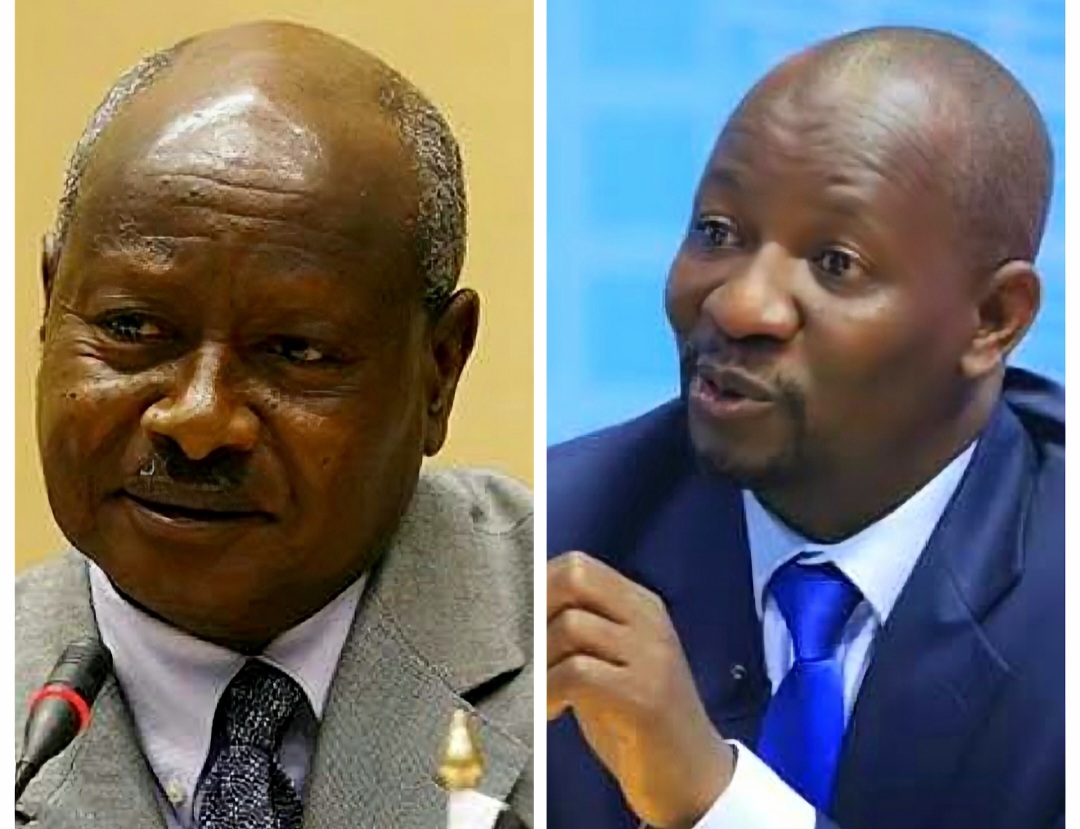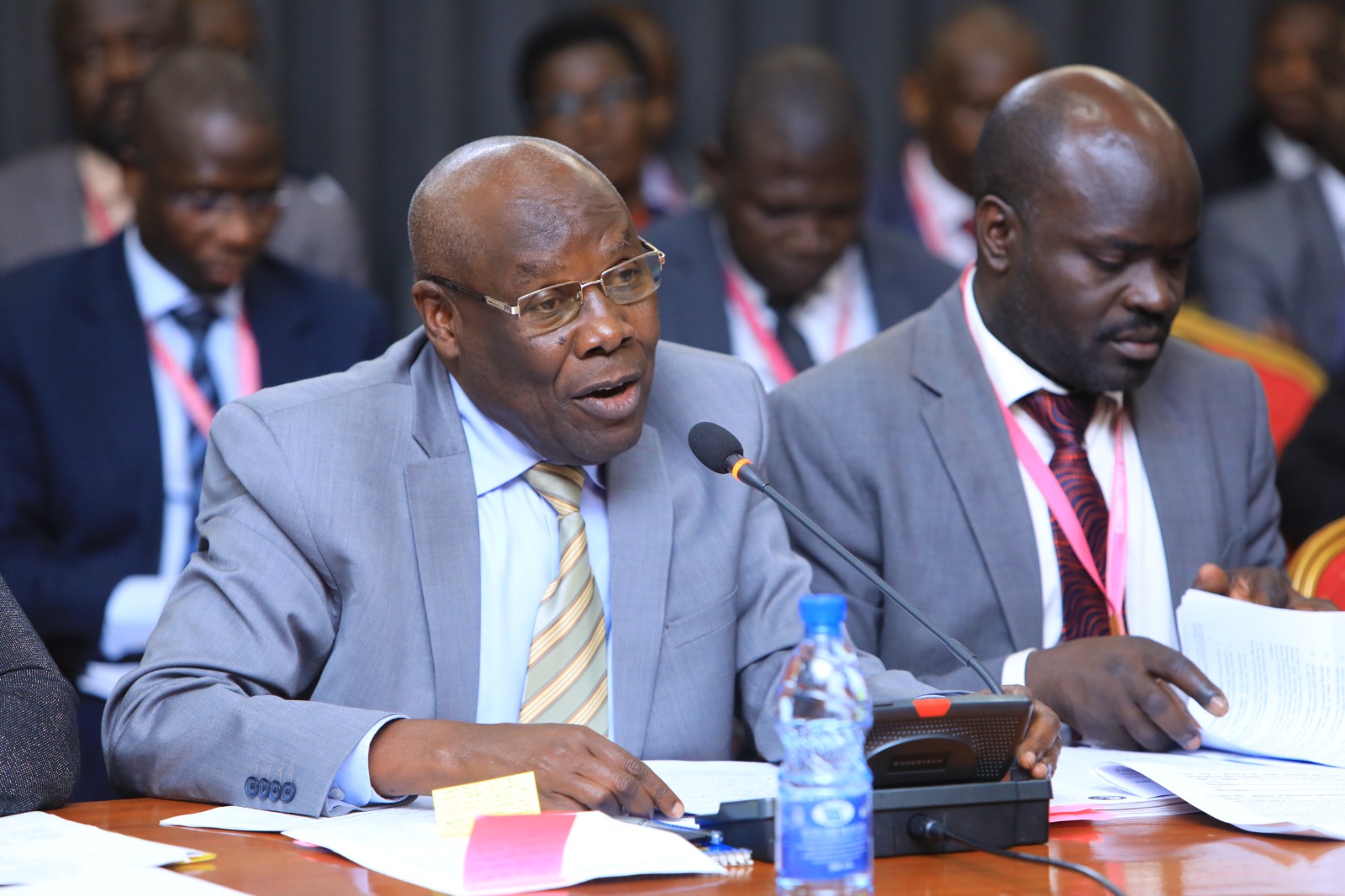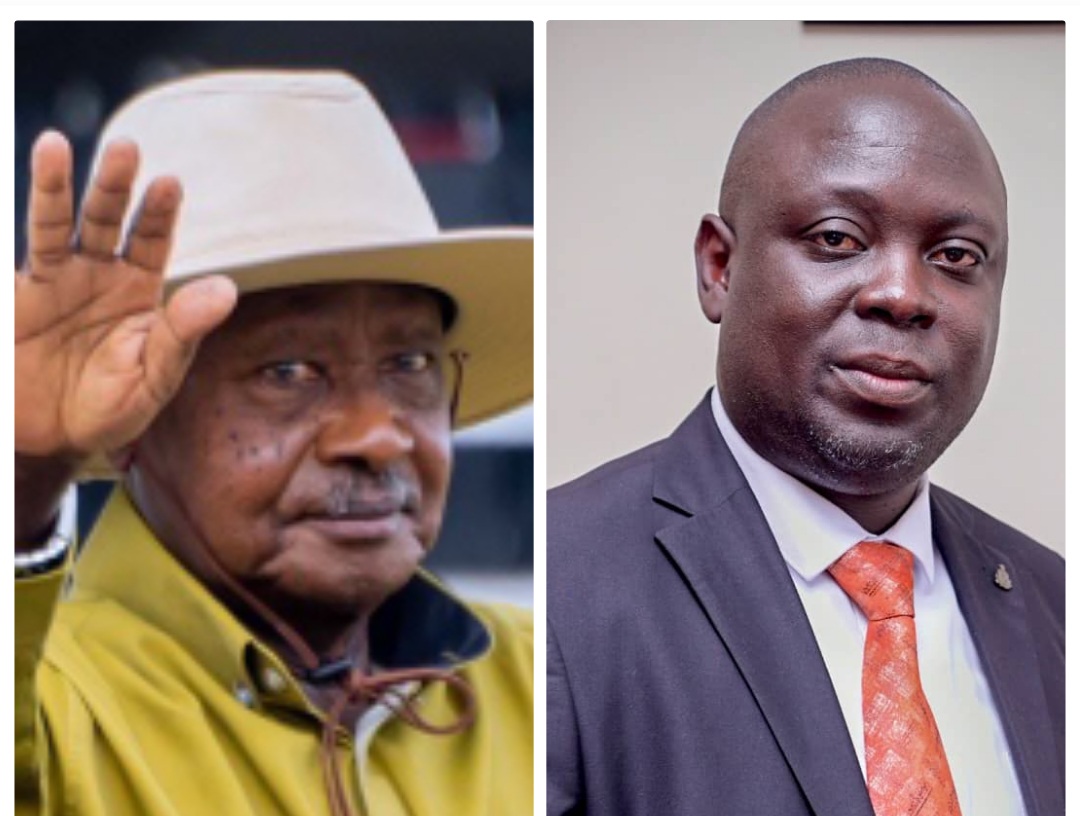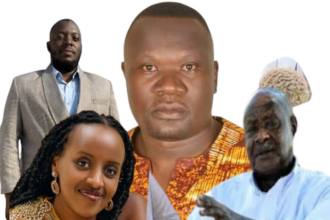The debate over Uganda’s future leadership has intensified, with President Yoweri Museveni’s age becoming a focal point in Parliament just days after he celebrated his 80th birthday on Sunday, September 15.
The milestone event, marked by prayers and reflections on his nearly four-decade rule since coming to power in 1986, saw the President promising free education in all government primary and secondary schools. Yet, while the celebrations highlighted Museveni’s continued influence and commitment to Uganda’s development, concerns over his age and fitness to lead have sparked heated discussions among lawmakers.
During a Parliamentary session on Tuesday, Kira Municipality lawmaker Ibrahim Ssemujju raised the issue of Museveni’s advancing age, calling for the President to undergo regular mental and physical health assessments to ensure he remains fit to lead the country.
Ssemujju pointed to international precedents, particularly in the United States, where President Joe Biden, at 80, faces growing scrutiny over his ability to run for re-election in 2024 due to concerns about his age.
Ssemujju argued that Uganda should take a similar approach, referencing the constitutional requirement that a president must be mentally and physically fit to hold office.
“When you have an 80-year-old who keeps making erratic decisions, I want to implore Parliament that we subject our President to periodical mental and physical tests,” Ssemujju stated. He pointed to Museveni’s apparent lapse in forgetting that Uganda currently lacks a Central Bank Governor as an example of potential cognitive decline.
Museveni’s birthday celebrations were meant to showcase his ongoing leadership and achievements. His pledge to provide free education in government schools was seen as a reaffirmation of his commitment to the nation’s progress, despite his age.
The President, during the event, reflected on his years in power and promised to continue driving Uganda’s development agenda. However, Ssemujju’s comments suggest growing concern among some members of Parliament that Museveni’s age may be affecting his decision-making and leadership capabilities.
Nevertheless, the proposal to subject President Museveni to regular medical evaluations was not received well by some members of Parliament. Matheniko County MP John Baptist Lokii led the defense of Museveni, arguing that the President’s age had not diminished his ability to lead Uganda effectively.
Lokii cited Museveni’s vast experience, amassed over four decades in power, as a key asset, countering Ssemujju’s concerns. “The President hasn’t shown any signs of failing to discharge his duties. With the vast experience he has gained in his 40 years at the helm, why should we doubt his capability now?” Lokii asked, dismissing the need for medical tests.
Lokii went further, suggesting that Ssemujju’s proposal was an unnecessary attack on the elderly, stating, “He is trying to insinuate that an elderly person at 80 years can’t steer this country, can’t reason. But our President hasn’t shown any sign of failing. Is Ssemujju in order to insinuate that our President, who is experienced to lead this country, is no longer fit?”
Ssemujju, however, stood firm in his proposal, referencing Uganda’s 1995 Constitution, which originally barred individuals over the age of 75 from running for president. He also reminded Parliament that Museveni himself once acknowledged that at 75, “you are tired,” during an interview when he was younger. That constitutional limit was later removed in a 2017 amendment, allowing Museveni to extend his rule beyond the previous age restriction.
The opposition MP emphasized the risks of allowing a leader to remain in power as they age, drawing comparisons to Zimbabwe under former President Robert Mugabe, where family members, particularly his wife Grace Mugabe, began to exert significant influence over national decisions as the aging leader’s faculties declined.
Ssemujju also raised concerns about the growing role of Museveni’s son, Gen Muhoozi Kainerugaba, in Uganda’s political and military landscape, warning that this could be a sign of an emerging dynastic succession.
During his birthday celebrations on Sunday, Gen Museveni spoke passionately about his plans to ensure every child in Uganda has access to education, regardless of their family’s financial situation.
However, Ssemujju while recognizing the significance of Museveni’s pledge, questioned whether the President still has the capacity to deliver on such promises in the future. “I am saying this in good faith because when Presidents age, you saw what happened in Zimbabwe. Even family members start taking national decisions,” Ssemujju remarked, hinting at concerns over whether Museveni’s age may lead to power struggles within his inner circle.
Meanwhile, the debate over Gen Museveni’s age is part of a larger, ongoing conversation in Uganda about the need for a transition of power. While Museveni’s supporters point to his long record of stability and development, critics argue that the country must begin preparing for a new generation of leadership.
The discussion in Parliament reflects a growing sentiment among some lawmakers and citizens that Gen Museveni’s time in office may be nearing its natural conclusion, even as the President shows no signs of stepping down voluntarily.
Ssemujju’s proposal to subject Gen Museveni to regular health evaluations could signal the beginning of a broader push for reforms aimed at ensuring that Uganda’s leadership remains both capable and accountable. For now, the President’s age remains a divisive issue, with some viewing it as a potential liability, while others see it as a testament to his enduring leadership and experience.
Do you have a story in your community or an opinion to share with us: Email us at Submit an Article









